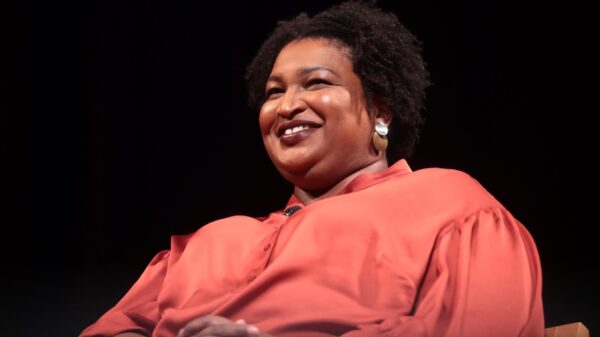By Corinne Dorsey, Staff Reporter
Tayarisha Poe’s aesthetic feature debut “Selah and the Spades” depicts the lives of teenagers at an elite boarding school and their desires to exude power throughout a set of powerful factions. Each faction composed of teenage specialists navigate Haldwell Boarding School’s party scene, on-campus drug deals and academic cheating.
Selah Summers (played by Lovie Simone of “Greenleaf”) is a senior at the Haldwell School and revolves as the leader over one of the factions, The Spades, known for dispensing booze, cash, and pills. As Summers reigns as the queen bee, she also navigates the spring semester of her senior year and the search for the next predecessor of the Spades. The name, “Selah” translates to be “stop and listen” in the Psalms of the Old Testament, which is fitting to how she wants her authority to be perceived.
Although Selah presents herself to be rooted in confidence, in essence, she is struck with deep insecurities which are shown in the relationship with her mother played by Gina Torres. Selah’s purpose of maintaining power and creating a legacy exudes itself in her intentions and outcomes, but the reality, her identity as a teenage girl preparing for college sparks another battle within itself.
Emmy winning Jharrel Jerome (“When They See Us”, “Moonlight”) also stars in the film as Maxxie, Selah’s long time bestie and partner-in-crime when running the Spades. Alongside Simone and Jerome, Celeste O’Connor joins the cast as Paloma, a transferred sophomore and amateur photographer, who catches Selah’s eye as a possible protege.
The diverse cast within the film reimagines the typical narrative of majority-white spaces associated with private schools as Poe shapes a lens through the black and brown students. The film emanates a mix of teen drug use similar to Sam Levison’s, “Euphoria”, and the setting of Hogwarts school from J.K. Rowling’s Harry Potter franchise.
“Selah and the Spades” extracts itself from the cliche teenage drama and orchestrates a new viewpoint of private institutions with faction setups and the often overlooked pleasures of being a teen. Though race doesn’t come up much directly in the film, Poe asserts its relevance implicitly and deeply embedded in wars between the factions. The director offers a soft, yet vibrant visual aesthetic through the lives of private school teens. “Selah and the Spades” represents a fresh voice in the new wave of black filmmakers and shapes the narrative of how black stories are told in a more introspective spirit. ‘
The beauty in the film is truly captured in Haldwell’s whimsical setting that never frankly discusses the matters of race and class, despite the apparent lack of diversity among its student body. Poe depicts a balanced mix between teen drama and crime, which expands its essence to a desirable melodrama of rule-breaking, betrayal, and thirst for power.
The Amazon Studios film has been spotted as a potential series, which will continue to explore the many dynamics of the factions within Haldwell Boarding School.









